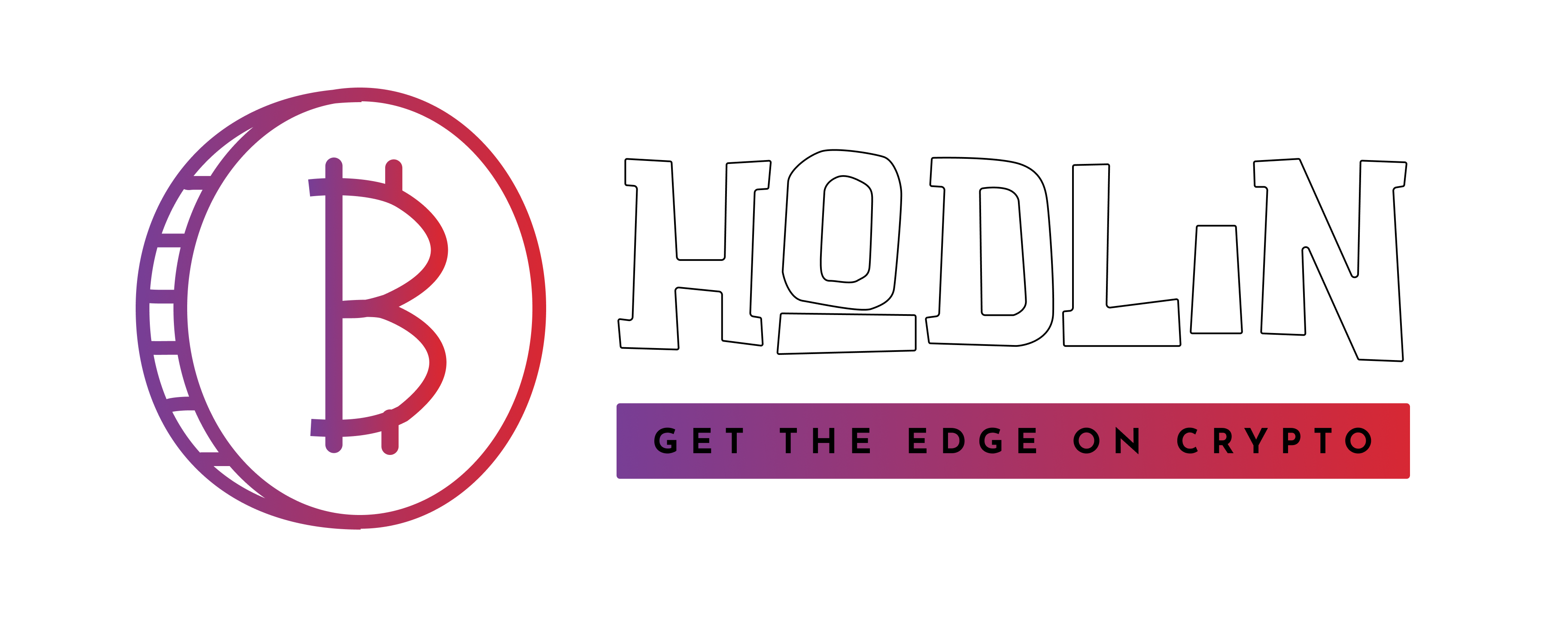Polygon (MATIC) co-founder and Ethereum (ETH) co-founder debate Verkle Trees on Ethereum
Is Verkle Tree Needed For Ethereum?
The debate between Polygon (MATIC) co-founder Mihailo Bjelic and Ethereum (ETH) co-founder Vitalik Buterin has sparked discussions within the crypto community about the future of Ethereum’s data storage.
The conversation took place on the X app, with Bjelic questioning the suitability of switching Ethereum to Verkle Trees. He argued that the zk-fication of the current Ethereum network is likely in the near future, prompting the need for a more efficient data structure.
Buterin responded by highlighting the limitations of the current Merkle Patricia trees used by Ethereum, stating that “ZK-ifying keccak merkle patricia trees with worst case 300 MB witness sizes is a non-starter.” He pointed out that Verkle Trees are designed to be zk-friendly, offering shorter proofs and more bandwidth.
Currently, Ethereum relies on Merkle Patricia trees for data storage, but there are plans to transition to Verkle Trees for improved efficiency.
Bjelic, citing the capabilities of Polygon zkEVM, claimed that the current structure could meet the 300MB benchmark set by Buterin in just 12 seconds, albeit requiring approximately 10 server-class CPUs.
Polygon zkEVM Makes a Push To Upgrade
Bjelic’s discussion about the Polygon zkEVM comes after the protocol’s recent transformation into a Type 2 ZK-EVM, aligning it closer to the Ethereum mainnet.
This upgrade would allow developers to deploy their codes on Polygon zk-EVM just as they would on Ethereum, offering a seamless experience for smart contract development.
Despite the potential benefits of transitioning to a Type 2 ZK-EVM, there are still concerns about the stability of the Polygon zkEVM. The protocol experienced downtime for nearly 10 hours shortly after the Etrog Upgrade went live, raising questions about its reliability.
While the issue has since been resolved, the incident highlights the challenges of implementing new technologies in the rapidly evolving world of blockchain and cryptocurrency.

